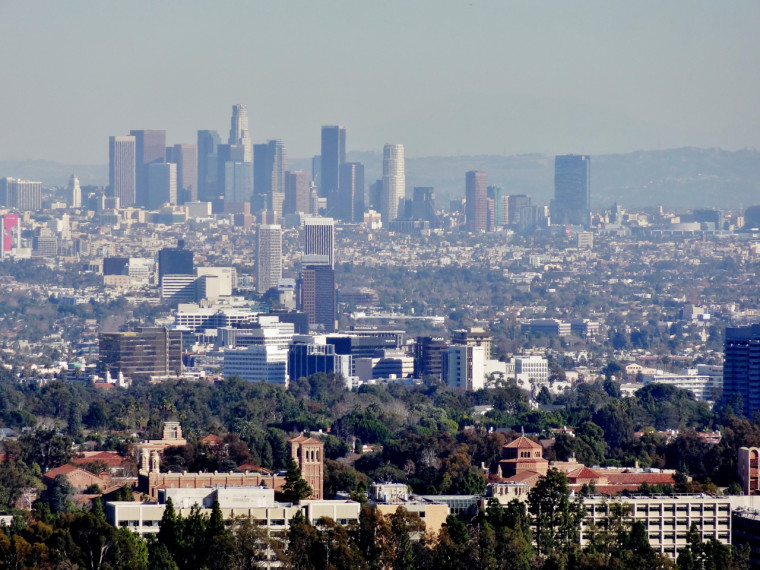I believe the relationship between universities and cities will be one of the most significant policy questions during the 21st century. As I wrap up this series of posts on cities and higher education, I want to end by sharing the conclusion to our Higher Education: Handbook of Research and Theory chapter. Here we describe the need for research on cities and higher education and call for scholars to examine these important research questions.

In order to fully understand how universities serve as anchor institutions, higher education scholars should consider factors, structures, and processes outside of higher education.
Researchers seeking to understand the role of higher education as anchor institutions supporting large urban cities should consider the conceptual and methodological issues that we raise in this chapter.
We suggest that understanding the behavior of universities as anchor institutions requires better understanding of the complexity surrounding the broader political, economic, and social influences in local, national, and international contexts.
Specifically, higher education scholars should consider the how global and local forces interact and influence the institutional behavior and activity of universities.
Throughout history, the world’s great cities have been hubs of innovation and creativity.
From the earliest communities through modern day, cities have been built by and for a great variety of societies.
Additionally, universities prove to be inherently stable organizations even during times of economic downturn. This stability makes universities useful institutions around which to develop economic strategies; city leaders can rely on the financial steadiness of universities even during poor economic situations (Goddard et al., 2014).
Future research can help the field better understand the various ways large metropolitan cities and universities interact as mitigated by history, context, and culture. This information will not only improve practice and policy, but also expand the understanding of the role of universities in supporting the social and economic development of cities.
Existing research demonstrates the power and potential of higher education to help grow and develop major metropolitan city-regions (Abel & Deitz, 2011b; Anselin et al., 1997; Beck et al., 1995; Benneworth & Hospers, 2007; P. Chatterton & Goddard, 2003; D. Elliott et al., 1988; Feldman, 1994b; Pellenbarg, 2005; Stokes & Coomes, 1998).
The linkages between institutions and their communities run deep and will likely continue to develop with the changes resulting from the knowledge economy.
The review of research in this chapter suggests universities have impacts on their cities and hold potential value as anchor institutions, which warrant additional scholarship to better understand the ways universities and anchor institutions may operate and support a city’s social and economic development.
In particular, by examining the influence of place and geography studies of the anchor institutions could provide additional insights into the complex and major issues facing contemporary higher education including college completion, vocational training, innovation, accountability, and funding.
Although there is considerable variation in the quality and confidence in the claims of the potential of universities to serve as anchor institutions, the majority of the research suggests that universities have substantial impacts on their cities.
The complexity of city-university interactions presents theoretical and methodological challenges that scholars will need to address in order to more fully develop our understanding of these issues.
The challenges and issues related to the local and global trend of escalating urbanicity only increases the need to better understand how cities and higher education interact.
There is certainly sufficient evidence of the benefits of higher education to cities to warrant a sustained research agenda on the economic and social impacts of universities serving as anchor institutions.

